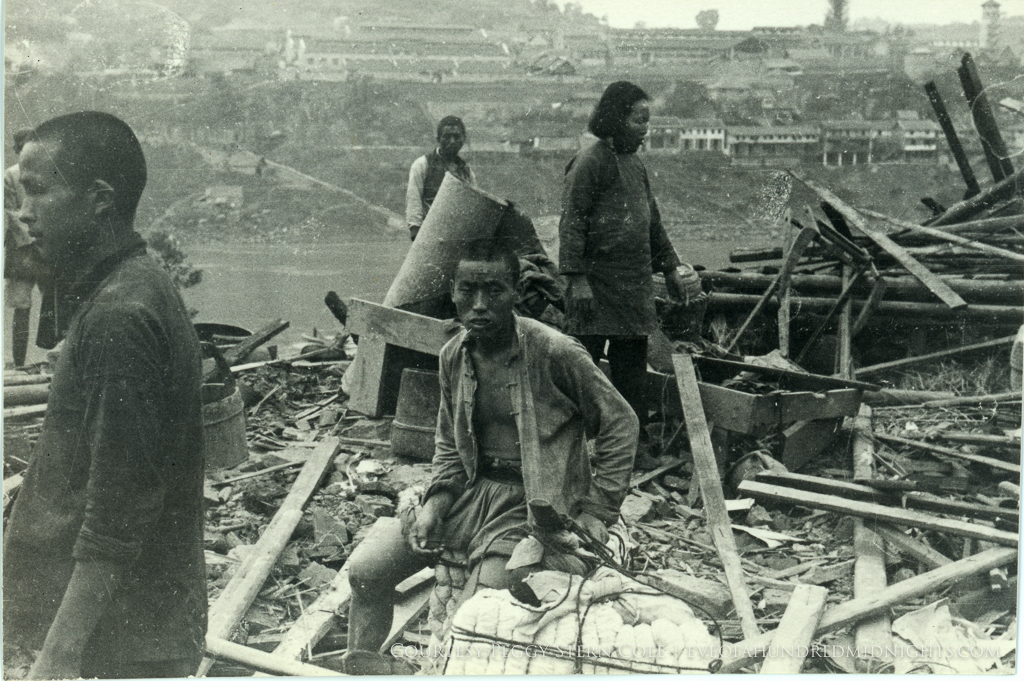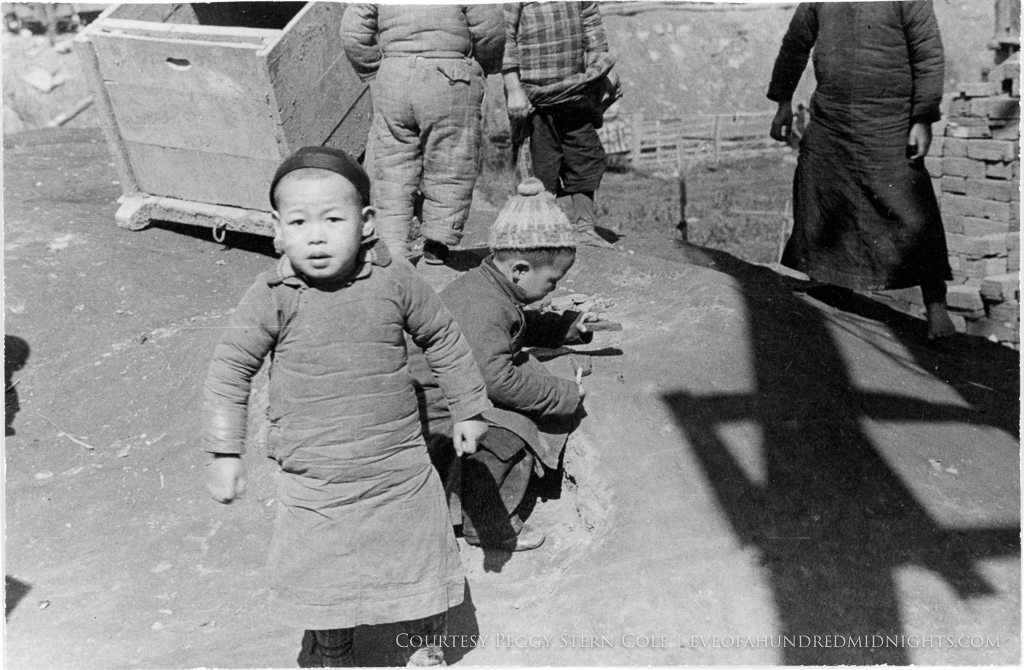Before and After. Wartime Chongqing as Captured by Melville Jacoby's Lens.
After spending four years with the research, writing and re-writing that shaped Eve of a Hundred Midnights, I feel sometimes as if I've lived in Melville Jacoby's shoes. At least, I feel as if I've seen the world through his eyes. As you can see in the following photos, Chongqing was a place of extensive striving and, after years and years of bombing — during his stints there in 1940 and 1941 Mel experienced 168 air raids — deeply scarred yet incredibly resilient.
Perhaps no place was more important to Melville Jacoby than the city of Chongqing, China (then known to westerners as Chungking). After Japan conquered China's coast and major cities such as Nanjing, Beijing, Shanghai and Wuhan, the Chinese government was forced to flee up the Yangtze river to Chongqing, where it transformed what had been something of a backwater into China's wartime capital. As I wrote in Eve of a Hundred Midnights, which was published last month, Chongqing was "simultaneously brand-new and decrepit. Fast becoming the 'most bombed' city in the world, it was also the epicenter of the country for any serious journalist." It was squalid, dangerous and extremely uncomfortable, yet, somehow, irresistible, as Mel attested:
“Few foreigners desert Chungking without wanting to return," Mel wrote. “The set formula is to tell friends in Hong Kong what a hell-hole they are missing, and then to rush right back on the next plane loaded with only thirty pounds of clothes and bare essentials.”
As you can see in the following photos, Chongqing was a place of extensive striving and, after years and years of bombing — during his stints there in 1940 and 1941 Mel experienced 168 air raids — deeply scarred yet incredibly resilient. I recently browsed Mel's photos again to share at my book readings (please get in touch if you'd like to host me in your community) that he saw these characteristics in Chongqing, and I've chosen the following photos to illustrate some of the contrasts of life in the city that Mel documented:
Click Thumbnails For Larger Images
After spending four years with the research, writing and re-writing that shaped this book, I feel sometimes as if I've lived in Melville Jacoby's shoes. At least, I feel as if I've seen the world through his eyes. His letters describe what he witnessed and experienced in China and the Philippines in such depth that as I read them, I feel my legs straining up and down Chongqing's steep hills, that I hear the thud of bombs raining upon an air raid shelter, and that my heart beats in anticipation as my fiancée lands in the Manila Bay barely a week before Pearl Harbor.
Beyond these letters, though, Mel took hundreds, if not thousands, of photographs, most of which have ended up in my hands. Unfortunately, I was only able to include a handful in my book. While I chose compelling photos, they were mostly limited to photos that portrayed Mel, Annalee and the people they knew. However, I knew readers who enjoy the book would also want to see more of the world and the era Mel did.
If you like these photos, please keep on eye on this web site and let me know what you think. I'm going to continue to share glimpses of what Mel saw here. Unless otherwise noted, the photos you will see in this series were all shot by Melville Jacoby and provided courtesy of Peggy Stern Cole, Mel's cousin and my grandmother.
Meanwhile, if you haven't already, please head to one of the booksellers listed here or your favorite bookstore to pick up Eve of a Hundred Midnights. If you like it, would you rate it on Goodreads, Amazon, Powell's, or wherever you purchased it? Customer reviews will make the difference in ensuring the book is seen by as many people as possible.
Introducing "Monsieur Big-Hat"
Most of my posts about Melville Jacoby focus squarely on nonfiction. He was a journalist. I am a journalist. Though Mel worked for a time as a broadcaster and was handy with a camera, he was first and foremost a writer. So it shouldn't be terribly surprising that he dabbled in fiction a bit. I found one of those stories — "Monsieur Big-Hat" — and put it together with some photos Mel took of an air raid in Chongqing to make a short ebook that's now available online. The story describes what happens when an American correspondent meets a French diplomat as bombs fall on the Chinese wartime capital in June, 1940.
Most of my posts about Melville Jacoby focus squarely on nonfiction. He was a journalist. I am a journalist. Though Mel worked for a time as a broadcaster and was handy with a camera, he was first and foremost a writer. So it shouldn't be terribly surprising that he dabbled in fiction a bit. Some of that fiction is pretty good, though it was never published. Take "Monsieur Big-Hat." That's a short story Mel wrote in 1940 while he was working in Chongqing, China's wartime capital (then known as Chungking). Written at a time when the Japanese were pounding Chongqing with bomb upon bomb, "Monsieur Big-Hat" describes an American correspondent's encounter with a French diplomat who was just about to leave China to return to Paris after years away. The two meet during an air raid in a shelter dug deep beneath Chongqing. Just as dark news reports arrive from France, the diplomat — so eager to return to his wife and son — makes a fateful decision amid the rattled nerves and thunderous blasts of the raid. It's a poignant glimpse of life during wartime with descriptions of the attacks so vivid that they were clearly informed by Jacoby's own experience in the Chinese city.
Mel also took a number of compelling photos of the air raids on Chongqing. I took the story and put it together with some of these photos in a short eBook that's now available online (an MP3 audiobook is also available). I've given the book as a gift to everyone who contributed to One Last Assignment, but now anyone else who wants a copy can get one, too. It's available for just $2 in a variety of formats at my new store at lascheratlarge.com/store and on most many of the other places online where one buys books. That's currently the only item on sale in my store*, but I hope to add other projects soon.
However, if you're looking for something lovely as a Christmas gift, any shot from my entire photography portfolio can now be ordered as a print online. Click here to see those photos or here to place an order.**
* This was the case in 2012 when I first wrote this post. As of February, 2023, more items are available in the store and it presumably will continue to change over time.
** Photo sales are temporarily unavailable as of February, 2023, but per the note above, this is likely to change.
Motion Picture Treat: "When The Whole World Is So Upset"
For the first time ever, I'm able to share a movie of Melville Jacoby himself. These snippets of 16mm movies were shot in the 1930s and are accompanied by excerpts from a moving letter he wrote his mother in early 1941 about why he pursued his dangerous careert.Mel was on a boat from China bound for Manila and, eventually, to the United States. He had just finished a year's work as a stringer in China and the region of Southeast Asia then known as Indochina. There, in the city of Haiphong (a part of modern-day Vietnam), Mel had been arrested and briefly detained by the Japanese, who'd accused him of being a spy. As he traveled back to the United States, he wrote a moving letter to his Mother in which he attempted to reassure her about the risks he'd taken in the previous year. Check out the full post to see the video.
For the first time ever I'm able to share a movie of Melville Jacoby himself!
On Jan. 8, 1941, Melville Jacoby was on a boat from China bound for Manila and, eventually, to the United States. He had just finished a year's work as a stringer in China and the region then called Indochina. There, in the city of Haiphong (a part of modern-day Vietnam), Mel had been arrested and briefly detained by the Japanese, who'd accused him of being a spy. As he traveled back to the United States, he wrote a moving letter to his Mother in which he attempted to reassure her about the risks he'd taken in the previous year.
Listen to excerpts from that letter as you watch this video, which features snippets of Mel when he was a young man in China. This is just a minute's worth of footage from the more than an hour and a half of Mel's films that have been digitized. Your contributions make it possible for me to find and process these amazing artifacts. They allow me to present a richer version of Mel's story and the way they show a young man laughing with friends and capturing his wonder at the places he saw humanize him as well. If you haven't yet, please contribute today.
Not even pandas could spoil this honeymoon
This week's news of a panda cub's birth at the National Zoo in Washington D.C. reminds me of one of of the more comical aspects of Melville Jacoby's story. Shortly after Mel proposed to Annalee Whitmore he was transferred by TIME to Manila to cover the brewing war. After wrapping up her work with Madame Chiang's United China Relief, Annalee joined Mel and the two were married shortly before Thanksgiving, 1941. But the couple didn't end up in the Philippines unaccompanied, even after their nuptials.
"They slipped away for a two-day rainy honeymoon in a cottage on Tagaytay," wrote TIME in its May 11, 1942 obituary of Mel [Sorry for the paywalled link] . "But they were not alone; they had to see to the care & feeding of two baby giant pandas, gifts of Madame Chiang Kai-Shek en route to the U.S."
Pandas at the National Zoo. Credit: Ann Batdorf, National Zoological Park, http://nationalzoo.si.edu/Animals/PhotoGallery/GiantPandas/default.cfm
This week's news of a panda cub's birth at the National Zoo in Washington D.C. reminds me of one of of the more comical aspects of Melville Jacoby's story. Shortly after Mel proposed to Annalee Whitmore he was transferred by TIME to Manila to cover the brewing war. After wrapping up her work with Madame Chiang's United China Relief, Annalee joined Mel and the two were married shortly before Thanksgiving, 1941. But the couple didn't end up in the Philippines unaccompanied, even after their nuptials.
"They slipped away for a two-day rainy honeymoon in a cottage on Tagaytay," wrote TIME in its May 11, 1942 obituary of Mel [Sorry for the paywalled link] . "But they were not alone; they had to see to the care & feeding of two baby giant pandas, gifts of Madame Chiang Kai-Shek en route to the U.S." Madame Chiang offered the pandas as gifts to the children of America in an early example of what's come to be known as panda diplomacy. After the pandas safely arrived in the U.S. in early 1942, United China Relief and the New York Zoological Society (now known as the Wildlife Conservation Society) sponsored a contest for children across the U.S. to name them. Nancy Lostutter II of Columbus Ind. won the contest with the names "Pan-dah" and "Pan-dee." In a bizarre twist, though the pandas were thought to be a male and female, zoo officials realized a few years after they arrived and didn't mate that they were both, indeed, female [again, sorry, pay-walled].
Mel and Annalee were tasked with watching over the yet-unnamed pandas until zoologist John Tee-Van could ferry them out of the Philippines and across the Pacific (ultimately, the bears made it out on the last convoy from Manila to the U.S. before the city's collapse). The pandas were enough of a headache that Mel dedicated a paragraph of a Nov. 15, 1941 letter home to venting about them.
"I've been going wild again over the Panda situation," Mel wrote to his parents. "Two of them arriving with the Zoo keeper tomorrow and I've had to do everything from hire station wagons, to finding places for them to stay, to getting special kinds of bamboo and sugar cane flown down from the provinces in a chartered plane. What a business. People phoning all the time wanting to see the animals, or borrow them, sell insurance, an air conditioning plant, grape jiuce [sic] and everything imaginable."
Two weeks later, Mel and Annalee each sent letters to Mel's parents describing their wedding and brief honeymoon. In her note, Annalee describes their beautiful lakeside escape, and how the pandas even came along for their honeymoon.
"After a subdued dinner we drove to Tagaytay for two days -- a cottage next to the pandas, overlooking a huge island-dotted lake in what used to be a volcano crater. The running water worked only at intervals, the electricity blinked on and off all one evening, and it poured, but it was still the most wonderful honeymoon anyone ever had."
More Artifacts From a Journalist's Life: Correspondence
 Though Mel spent years away from his home and family in Los Angeles, California, he was a dedicated correspondent. He wrote to his mother, Elza, and stepfather, Manfred, regularly, and also to other relatives, friends, and coworkers. Mel's letters were reflective, touchingly honest, incredibly detailed, and often quite humorous. Later, in my book about Mel's life, as well as in future blog posts, I'll quote extensively from these letters to give you more of a direct sense of what Mel wrote and how he thought. For now, I thought I'd offer a glimpse of how these letters, their envelopes, even something as simple as their return addresses invokes nostalgia for an earlier era.
Though Mel spent years away from his home and family in Los Angeles, California, he was a dedicated correspondent. He wrote to his mother, Elza, and stepfather, Manfred, regularly, and also to other relatives, friends, and coworkers. Mel's letters were reflective, touchingly honest, incredibly detailed, and often quite humorous. Later, in my book about Mel's life, as well as in future blog posts, I'll quote extensively from these letters to give you more of a direct sense of what Mel wrote and how he thought. For now, I thought I'd offer a glimpse of how these letters, their envelopes, even something as simple as their return addresses invokes nostalgia for an earlier era.
While I'm away from the Internet for a few days, I'm sharing a few glimpses of the letters, telegrams, photos and other materials from Melville Jacoby's brief but fascinating life. If you like these and would like to see me complete a book telling Mel's fantastic true story, please read more about Mel and make a contribution today. Though Mel spent years away from his home and family in Los Angeles, California, he was a dedicated correspondent. He wrote to his mother, Elza, and stepfather, Manfred, regularly, and also to other relatives, friends, and coworkers. Mel's letters were reflective, touchingly honest, incredibly detailed, and often quite humorous. Later, in my book about Mel's life, as well as in future blog posts, I'll quote extensively from these letters to give you more of a direct sense of what Mel wrote and how he thought. For now, I thought I'd offer a glimpse of how these letters, their envelopes, even something as simple as their return addresses invokes nostalgia for an earlier era.
Here are some of those envelopes, letterheads, and signatures from Mel's travels around the world:
When Mel went to Lingnan University as an exchange student from Stanford University, he got there by way of an around-the-world steamship journey. Like hotels, many of the ships that transported Mel had their own stationery. This envelope from the Peninsular and Oriental Steam Navigation company was addressed to Mel's mother and stepfather in Bel Air.
For a time, Mel worked for the Republic of China's Ministry of Information. This position put him in contact with Generalissimo Chiang Kai-Shek and his wife, Soong Mei-Ling, also known as Madame Chiang. He interviewed each of them and even penned a profile of Madame Chiang for the San Francisco Chronicle. Later Mel's wife Annalee worked for Madame Chiang's United China Relief. When the couple wed, the Chiangs sent them many unique gifts on behalf of the Chinese nation, all of which were later destroyed by Japanese bombing raids on the Philippines. This is a closeup of the letterhead Madame Chiang used to write Mel a note regarding his interview of her for the Chronicle. Note the Stanford letterhead of the letter in the file beneath this visible through the nearly transparent letterhead of this paper. Many of the documents I'm using as sources for this project are incredibly fragile. A portion of your donations will go to making sure all these historic materials are properly preserved and protect.
Mel was often lighthearted in his letters home. Though born to one of Los Angeles's first Jewish families, Mel became a Christian Scientist when his mother adopted the religion after the death of her first husband and Mel's father, also named Melville. Their devotion did not curtail Mel's sense of humor.
In the summer of 1937, after Mel finished his semester as an exchange student at Lingnan University, he spent time travelling through Japan. There, he was tailed by Japanese police and regularly witnessed the growing nationalist fervor in that country during the first stages of what became World War II. This return address was on the back of one of the letters Mel sent home from Japan.
Check back on Monday for another set of artifacts from Melville Jacoby's amazing life. If you missed the first installment of this series, check it out here. Meanwhile, don't forget to donate.
Picking up where Melville Jacoby left off
This morning marks one of the most exciting moments for me as I continue to pick up where Mel was silenced. In a few hours I'll be in an apartment in Alhambra, California, meeting with George T.M. Ching, his wife, and their daughter. George was one of Mel's dear friends during his time as an exchange student at Lingnan University. At ninety-seven-years-old, it's uncertain how able George will be to really deeply reflect on Mel's life, but I'm hopeful that just the chance to share some time with someone who Mel cared strongly about, and who cared strongly about him will be valuable.
It may have taken seven decades, but the book Melville Jacoby never got to finish is finally taking shape. This morning marks one of the most exciting as I continue to pick up where Mel was silenced. In a short while I'll be in an apartment in Alhambra, California, meeting with George T.M. Ching, his wife, and their daughter. George was one of Mel's dear friends during his time as an exchange student at Lingnan University. At ninety-seven-years-old, it's uncertain how able George will be to deeply reflect on Mel's life, but I expect the chance to share some time with someone who Mel cared strongly about, and who cared strongly about him will be valuable.
Already, the past ten days have brought me much deeper into Mel's story. What I've seen is unbelievable: first hand accounts of journalists nervously huddling in a Manila hotel room as they debate whether to escape or face capture by the Japanese, photographs of newlyweds in makeshift clothes making the best of an island refuge while on the run, home movies of bomb-ravaged cities, shocked telegrams spreading the news of a young journalist's death, playful letters home from an eager college student travelling the world, massive cables describing the buildup for war to editors. That's just a sliver of what I found.
I'm excited to have all this raw material to work with because it so enriches what I know not just about Mel, but the world in which he lived. But, of course, raw material is one thing. I need to write it up. From reading Mel's letters I know all too well that all our plans can be so suddenly shattered. From what seemed like safety in Australia, Mel dashed off his last cables to the U.S. They included negotiations with New York publishers about a book deal based on his reporting, as well as early drafts of that book. I may struggle to make ends meet to write and publish Mel's story, the one he was never able to tell, but as many sacrifices as I think I might be making to tell it, I'm not making the sacrifice - ultimately so much nobler - that Mel made to the world and his country as he told that story. As much research as I'm doing, writing is just as important. Mel's story cannot linger another 70 years for some distant relative to pick up.
One Last Assignment One More Time
 After much anticipation, last week I released a new video describing Melville Jacoby's fantastic life. It also reintroduces the work I'm doing to tell his story. Click the photo in this post or the link below to view it. I'm really proud of this video. I'd love to hear your opinion and for you to share it with anyone interested in wartime journalism, storytelling, or 1930s and 40s nostalgia. Meanwhile, I'm preparing for a trip to Southern California to meet one of Mel's friends from his time as an exchange student in China. I'm so fortunate he's still around, and willing to speak with me. I'll also be visiting my grandmother to properly review and inventory her collection of materials from and related to Mel's life. Keep reading to learn what I'm up to.
After much anticipation, last week I released a new video describing Melville Jacoby's fantastic life. It also reintroduces the work I'm doing to tell his story. Click the photo in this post or the link below to view it. I'm really proud of this video. I'd love to hear your opinion and for you to share it with anyone interested in wartime journalism, storytelling, or 1930s and 40s nostalgia. Meanwhile, I'm preparing for a trip to Southern California to meet one of Mel's friends from his time as an exchange student in China. I'm so fortunate he's still around, and willing to speak with me. I'll also be visiting my grandmother to properly review and inventory her collection of materials from and related to Mel's life. Keep reading to learn what I'm up to.
After much anticipation, last week I released a new video describing Melville Jacoby's fantastic life. It also reintroduces the work I'm doing to tell his story. I'm really proud of this video. I'd love to hear your opinion in the comments, or by email or social media, and for you to share it with anyone interested in wartime journalism, storytelling, or 1930s and 40s nostalgia.
Meanwhile, I've extended my fundraising deadline for Melville Jacoby's story through the summer. If you haven't had a chance to donate, now's a great time to do so.
 Next week, I'll be boarding a train to Southern California. There, I have two major projects scheduled. First of all, I'll finally meet 97-year-old George T.M. Ching, who Mel befriended when he was an exchange student at Lingnan University. I can't wait to hear first-hand from one of Mel's friends what it was like to study and travel with him. Actually, I'm looking forward to whatever George has to say.
Next week, I'll be boarding a train to Southern California. There, I have two major projects scheduled. First of all, I'll finally meet 97-year-old George T.M. Ching, who Mel befriended when he was an exchange student at Lingnan University. I can't wait to hear first-hand from one of Mel's friends what it was like to study and travel with him. Actually, I'm looking forward to whatever George has to say.
My other goal is also pretty exciting for me, and very important to this project. I'm going to visit my grandmother's house for the first time since I formally started working on Mel's story (Why my grandmother? Because Mel was her cousin, and she ended up with all the various artifacts Mel's mother, Elza, kept after he died). That means access to many, many more primary source documents, photographs, recordings and other materials that either belonged to Mel or involved him. For the first time I'll be able to thoroughly and systematically inventory everything she has available so I can then better identify what gaps I need to fill in my research.
Since I'll be in the greater L.A. area, I'll also be able to conduct other research as it arises and take advantage of a few resources unique to the area.
Your support will help pay for this trip and the work I'll do while I'm there. As I did on my recent trip to the Bay Area, I'll do my best to blog, tweet and record my trip.
Thanks again to those of you who have already helped out.
Won't You Be My Mrs. Luce?
 "He was you at that stage of the game," my grandmother said. "It was a different way, but that's a story too. How does a young reporter like Bill Lascher get started?"
This is how. By not letting go. Two weeks ago I completed a quarter teaching a community college class on multimedia journalism and turned in the last of two small freelance assignments on my plate. All that's left for me is what I'm doing now: throwing all that I have on the table in pursuit of this one last assignment. Everything I have, everything I can be is now focused on this account of the first Time Magazine reporter killed in the line of duty, this tale of Melville Jacoby, this story of my family's beloved cousin and this man who lived so fantastically before he died so tragically.
"He was you at that stage of the game," my grandmother said. "It was a different way, but that's a story too. How does a young reporter like Bill Lascher get started?"
This is how. By not letting go. Two weeks ago I completed a quarter teaching a community college class on multimedia journalism and turned in the last of two small freelance assignments on my plate. All that's left for me is what I'm doing now: throwing all that I have on the table in pursuit of this one last assignment. Everything I have, everything I can be is now focused on this account of the first Time Magazine reporter killed in the line of duty, this tale of Melville Jacoby, this story of my family's beloved cousin and this man who lived so fantastically before he died so tragically.
"He had the good luck to be on an airplane with Mrs.[Clare Booth] Luce [the wife of Time Magazine founder Henry Luce, who was also on that plane], who was impressed with him." my grandmother said. "You have to be on an airplane with someone who will be impressed with you."
 Earlier this afternoon I shared the first in a series of stories about my visit to Palo Alto last week to further study Melville Jacoby. As much as I hope you enjoyed it, I need your help today to keep telling these stories and finish telling the story Mel died trying to tell.
Last week, at lunch with the children of Chan Ka Yik, my grandma described how Melville Jacoby became a China specialist. It began while he was an exchange student at Lingnan University and deepened after he returned to Stanford. There, he penned columns for the Stanford Daily about the war erupting between China and Japan and studied the way the media covered conflict in Asia. As I've described elsewhere, Mel returned to China upon graduation and strung together a career for himself.
Earlier this afternoon I shared the first in a series of stories about my visit to Palo Alto last week to further study Melville Jacoby. As much as I hope you enjoyed it, I need your help today to keep telling these stories and finish telling the story Mel died trying to tell.
Last week, at lunch with the children of Chan Ka Yik, my grandma described how Melville Jacoby became a China specialist. It began while he was an exchange student at Lingnan University and deepened after he returned to Stanford. There, he penned columns for the Stanford Daily about the war erupting between China and Japan and studied the way the media covered conflict in Asia. As I've described elsewhere, Mel returned to China upon graduation and strung together a career for himself.
"[Mel and other young journalists in China] didn't have anything like Kickstarter," My grandmother told our new friends. "What they had was this opportunity to talk on the radio to America, and to send home material, because he was learning. Gradually he became very expert on his subject."
She turned and looked at me
 "He was you at that stage of the game," my grandmother said. "It was a different way, but that's a story too. How does a young reporter like Bill Lascher get started?"
"He was you at that stage of the game," my grandmother said. "It was a different way, but that's a story too. How does a young reporter like Bill Lascher get started?"
This is how. By not letting go. Two weeks ago I completed a quarter teaching a community college class on multimedia journalism and turned in the last of two small freelance assignments on my plate. All that's left for me is what I'm doing now: throwing all that I have on the table in pursuit of this one last assignment. Everything I have, everything I can be is now focused on this account of the first Time Magazine reporter killed in the line of duty, this tale of Melville Jacoby, this story of my family's beloved cousin and this man who lived so fantastically before he died so tragically.
"He had the good luck to be on an airplane with Mrs.[Clare Booth] Luce [the wife of Time Magazine founder Henry Luce, who was also on that plane], who was impressed with him." my grandmother said. "You have to be on an airplane with someone who will be impressed with you."
Won't you be my Mrs. Luce? I'll do everything I can to impress you. You don't even have to board an airplane, you can just make a secure online donation right here:
I Shall Never Forget Our Friendship
"I recognize our father immediately," Susie Poon says as she stares at a weathered black and white image of a young Chinese man. is Chan Ka Yik, Melville Jacoby's roommate while the latter was an exchange student at Lingan University in Canton during the 1936-37 academic year.
Poon and her sisters, Emmy Ma and Eva Cheung, their husbands, and three generations of my own family pass ancient photos around the room. The pictures show a prized water buffalo and grinning friends on balconies, boys jumping into swimming holes and old men steering sampans, classes arranged for group photos and candid snapshots. They contrast an elaborate family compound in Guangxi with peasants toiling in the countryside. And they feature handsome young men in three-piece suits, their smiles filled with excitement, adventure and friendship crossing two cultures, two continents, and two countries.
"Mel looked like a movie star," Emmy says, echoing a sentiment many express when they see pictures of Melville Jacoby. But the star today is my grandmother, Peggy Cole, who holds court with a folder full of letters, a pile of photos, and a sheet of notes to which she refers while recounting the adventures Mel, Chan and their classmates took together. Many of the tales she shares she heard from Mel's own mouth when he returned home from his first trip to China and visited his adoring cousins. The others she pieced together from letters and memorabilia she inherited from Mel's mom, Elza. For the first time in half a century our two families connected. As we exchanged memories, new stories took shape.
“That's Papa!” Recognition bursts forth in a flurry of English and Cantonese as warm as the California sun streaming through the living room windows.
"I recognize our father immediately," Susie Poon says as she stares at a weathered black and white image of a young Chinese man. The man is Chan Ka Yik, Melville Jacoby's roommate while the latter was an exchange student at Lingan University in Canton during the 1936-37 academic year.
Poon and her sisters, Emmy Ma and Eva Cheung, their husbands, and three generations of my own family pass ancient photos around the room. The pictures show a prized water buffalo and grinning friends on balconies, boys jumping into swimming holes and old men steering sampans, classes arranged for group photos and candid snapshots. They contrast an elaborate family compound in Guangxi with peasants toiling in the countryside. And they feature handsome young men in three-piece suits, their smiles filled with excitement, adventure and friendship crossing two cultures, two continents, and two countries.
(Before you continue, why not make a donation to support this project?)
These were simple, timeless moments of peace. These were moments before war, moments before revolution and exile. Before life and death.
These were moments we all recognize. These were moments that have been and moments that will be.
"Mel looked like a movie star," Emmy says, echoing a sentiment many express when they see pictures of my cousin (twice-removed).
But the star today is my grandmother, Peggy Cole, who holds court with a folder full of letters, a pile of photos, and a sheet of notes to which she refers while recounting the adventures Mel, Chan and their classmates took together. Many of the tales she shares she heard from Mel's own mouth when he returned home from his first trip to China and visited his adoring cousins. The others she pieced together from letters and memorabilia she inherited from Mel's mom, Elza.
For the first time in half a century our two families connected. As we exchanged memories, new stories took shape.
Chan emigrated to the U.S. more than a decade after Mel's death. As he fled China, Chan reached out to Elza to vouch for him with immigration officials. In the letter he sent his beloved roommate's mother, Chan described how Mel's death was not just a loss to her family, but a loss of his own "good friend," telling her.
"I shall never forget our friendship and what we had done in Lingnan and my country."
Indeed, it seems that friendship continues.
A Reunion of Sorts
California, here I come, right back where I started from. In a little less than two weeks I'll hit the road for Palo Alto, California, the home of Stanford University. That's where Melville Jacoby earned his bachelor and master's degrees in the 1930s (it's also where his wife, Annalee Whitmore Jacoby Fadiman was the first female managing editor of the daily student newspaper and where other close friends, such as Shelley Smith Mydans, studied). It's a trip I've long been waiting for, and one that wouldn't be possible without the support, encouragement and financial contributions I've received since I first launched my Kickstarter campaign and then launched the current fundraising campaign. Yes, I'll be retracing Mel's footsteps and digging through archives, but I'm most excited for what might best be described as a reunion when we meet the children of Mel's best friend from his time in China ...
California, here I come, right back where I started from. In a little less than two weeks I'll hit the road for Palo Alto, California, the home of Stanford University. That's where Melville Jacoby earned his bachelor and master's degrees in the 1930s (it's also where his wife, Annalee Whitmore Jacoby Fadiman was the first female managing editor of the daily student newspaper and where other close friends, such as Shelley Smith Mydans, studied). It's a trip I've long been waiting for, and one that wouldn't be possible without the support, encouragement and financial contributions I've received since I first launched my Kickstarter campaign and then launched the current fundraising campaign. Yes, I'll be retracing Mel's footsteps and digging through archives, but I'm most excited for what might best be described as a reunion. One of the more fascinating aspects of Melville Jacoby's life was his relationship with Ka Yik Chan (later known as George K.Y. Chan). Chan was Mel's roommate at Lingnan University, in Guangzhou, where Mel spent his sophomore year of college. The two became fast friends. As is evident in photos and letters home, Mel was quite fond of Chan and treasured the adventures the two took around China. Even my grandmother and her sister -- Mel's younger cousins -- recall the stories Mel told of their travels when he returned home. For example, Chan's father was an influential landowner in Southern China -- what some refer to as a "warlord." On one of Mel's trips with Chan to the family's compound, the two were picked up by a sedan chair. Though Mel came from a wealthy family in Los Angeles, he was modest about his status, and particularly uncomfortable with the idea of Chinese peasants carrying to the compound a young European man who could have easily walked the dirt road.
After Mel died and after the conclusion of World War II, Chan was forced to leave China. His family had become a target of the communist regime that had come to control the country. Chan moved first to Hong Kong and then, after abandoning everything but his wife and children, to the U.S., where he settled in San Francisco in the early 1950s. There, Chan and his wife started a Dim Sum restaurant and raised their family as Americans.
Two Families Meet
My grandmother (Mel's cousin and also Stanford grad, by the way) and I have long discussed how curious we are about what happened to this man who was such an integral part of Mel's life. Had it not been for their friendship and Chan's hospitality, Mel may have had a very different in China, and may not have fallen in love with that country the way we did. You'll have to read the book (and, hopefully, help me afford to research and write it) to learn more about that love and about Mel's time at Lingnan. Last fall, I was finally able to speak on the phone with one of Chan's daughters and learned just a little bit more about their family. Since then, Emmy has been one of my biggest cheerleaders for this project, stressing how much her father would want to see Mel's story told.
Now we'll have a chance to meet in person. The same weekend I'm in Palo Alto, my grandmother plans to visit my aunt (yet another Stanford alum - that side of my family's rife with them). While we're there, we'll meet Emmy and her sisters (all of whom still live in the Bay Area) for the first time in our lives. Though as a young girl one of the sisters once met Mel's mother during a family visit to Los Angeles, over the years the ways of the world meant our families did not stay in touch. Now we will have a chance to reconnect, to get to know one another, and to share stories about these loved ones of ours. My grandmother also plans to bring photos and other materials of Chan's to share with his daughters, some of which they most likely have never seen.
This is one of those amazing things about life: the way we thread ourselves in and out of each other's worlds, the way these oceans of years can still be crossed, the the pages keep turning.
This is one of those amazing things about life: this is only possible because you've made it happen.
California, here I come.
Right back where I started from.
Search Posts
Archived Posts
- March 2024 1
- October 2023 1
- October 2022 2
- December 2017 1
- April 2017 1
- February 2017 1
- January 2017 1
- November 2016 2
- August 2016 2
- July 2016 2
- December 2015 1
- November 2015 2
- September 2015 3
- April 2015 1
- March 2015 1
- February 2015 1
- January 2015 4
- August 2014 1
- May 2014 1
- April 2014 4
- March 2014 6
- December 2013 1
- November 2013 1
- August 2013 3
- May 2013 2
- April 2013 1
- December 2012 3
- November 2012 2
- October 2012 2
- September 2012 3
- August 2012 6
- July 2012 4
- June 2012 1
- May 2012 6
- April 2012 2
- March 2012 3
- January 2012 2
- September 2011 2
- August 2011 2
- July 2011 1
- May 2011 9
- April 2011 2
- March 2011 1
- January 2011 2
- November 2010 1
- October 2010 1
- August 2010 3
- July 2010 1
- June 2010 1
- May 2010 12
- April 2010 2
- March 2010 1
- January 2010 1
- December 2009 1
- November 2009 4
- October 2009 2
- September 2009 2
- August 2009 1
- July 2009 1
- June 2009 4
- May 2009 1
- March 2009 5
- February 2009 4
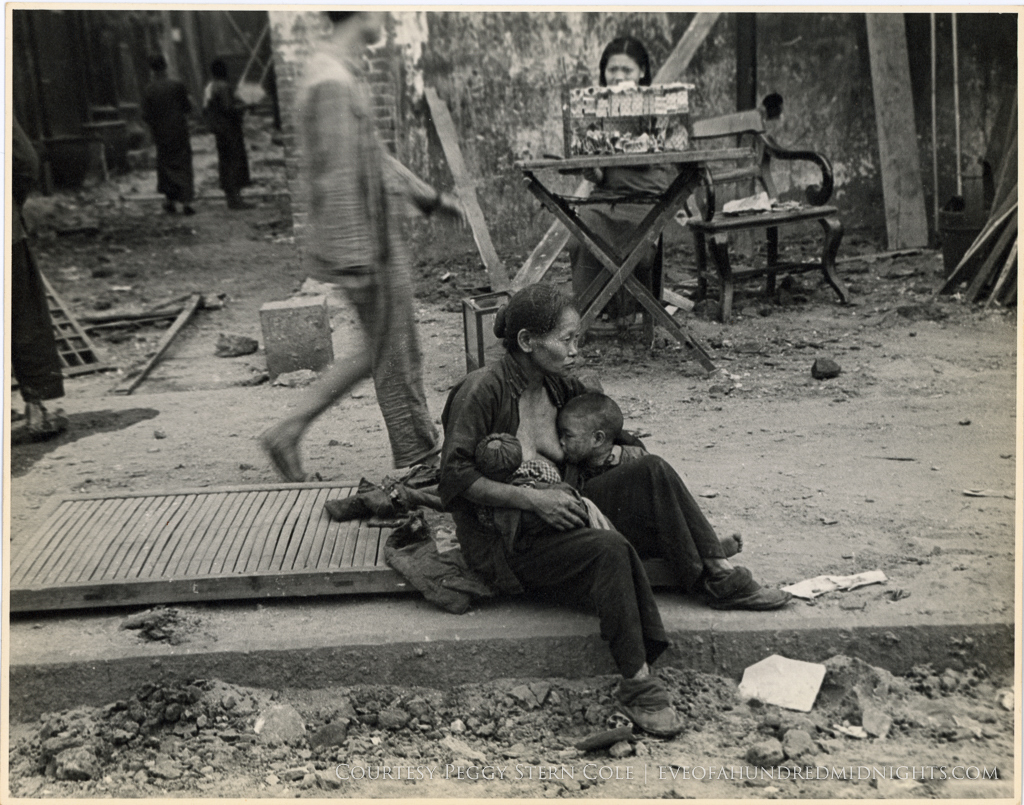
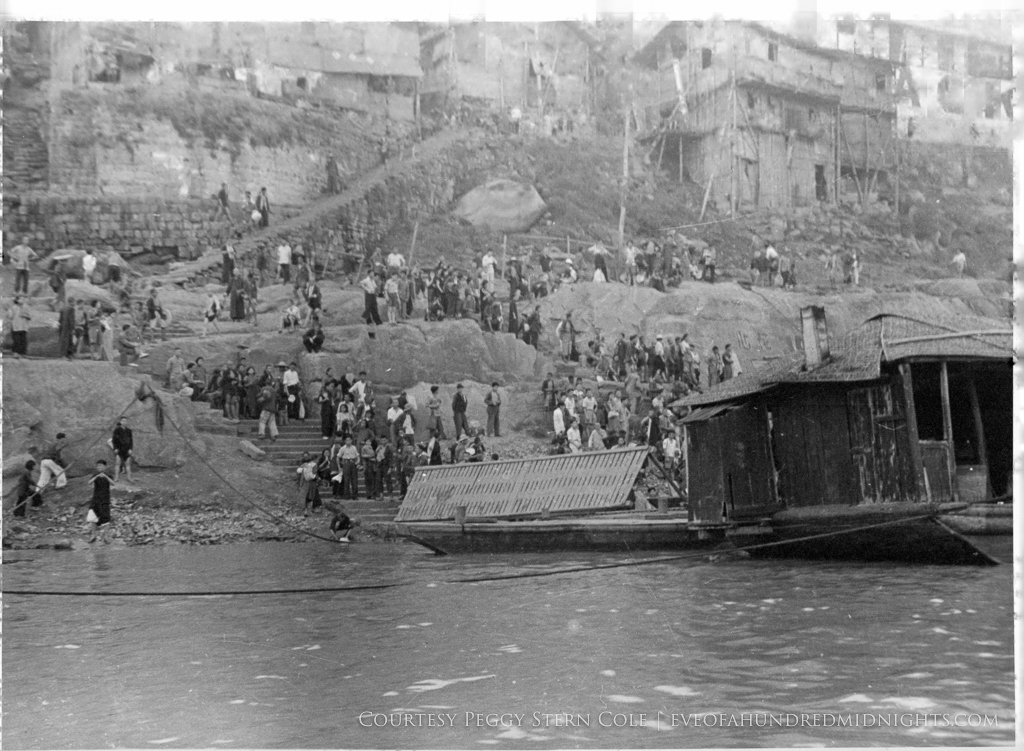
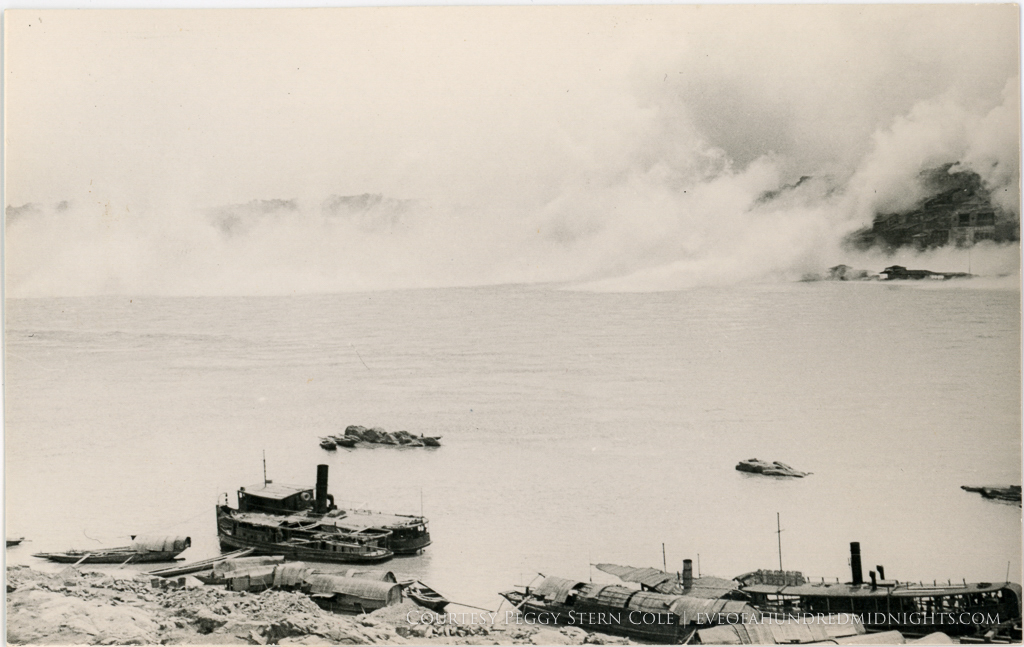
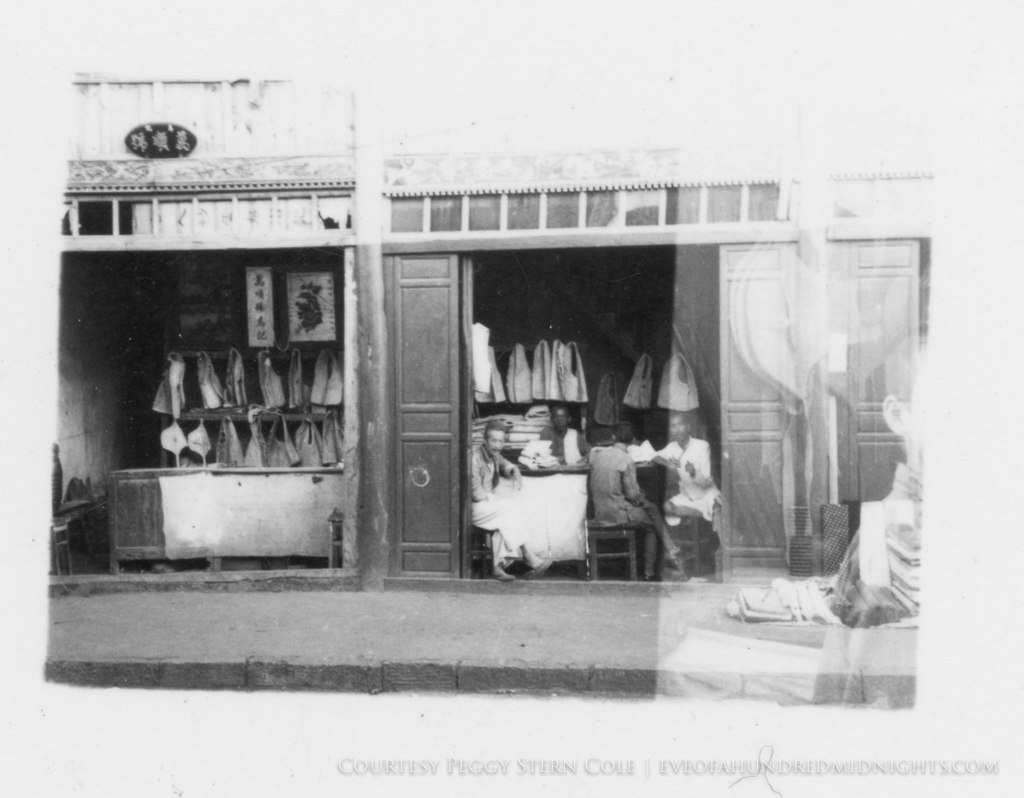
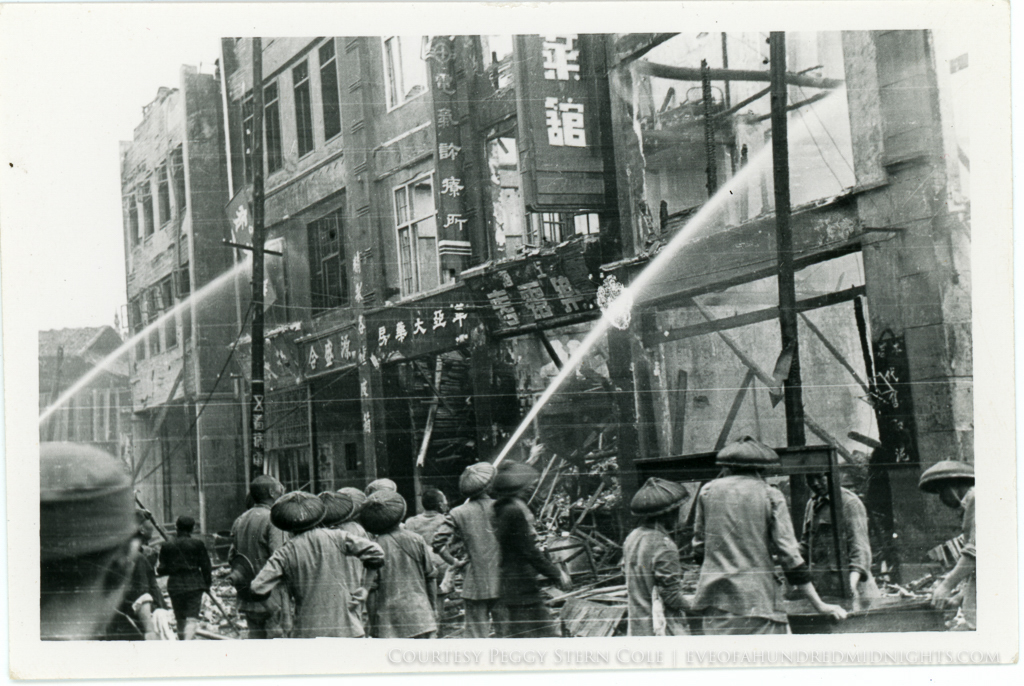
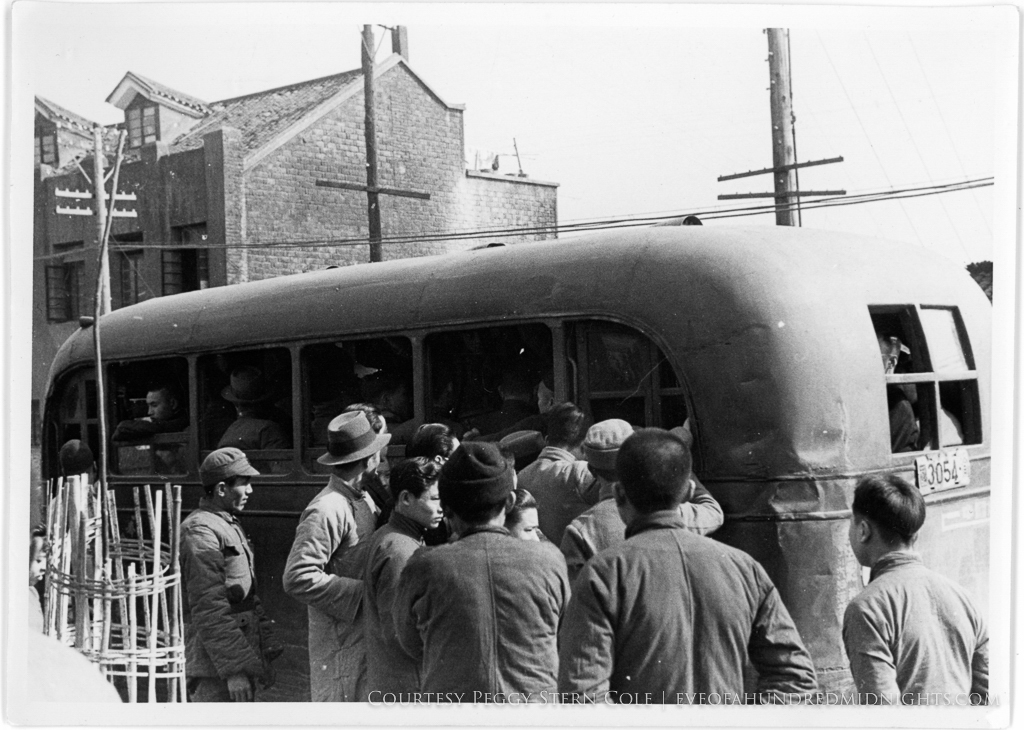
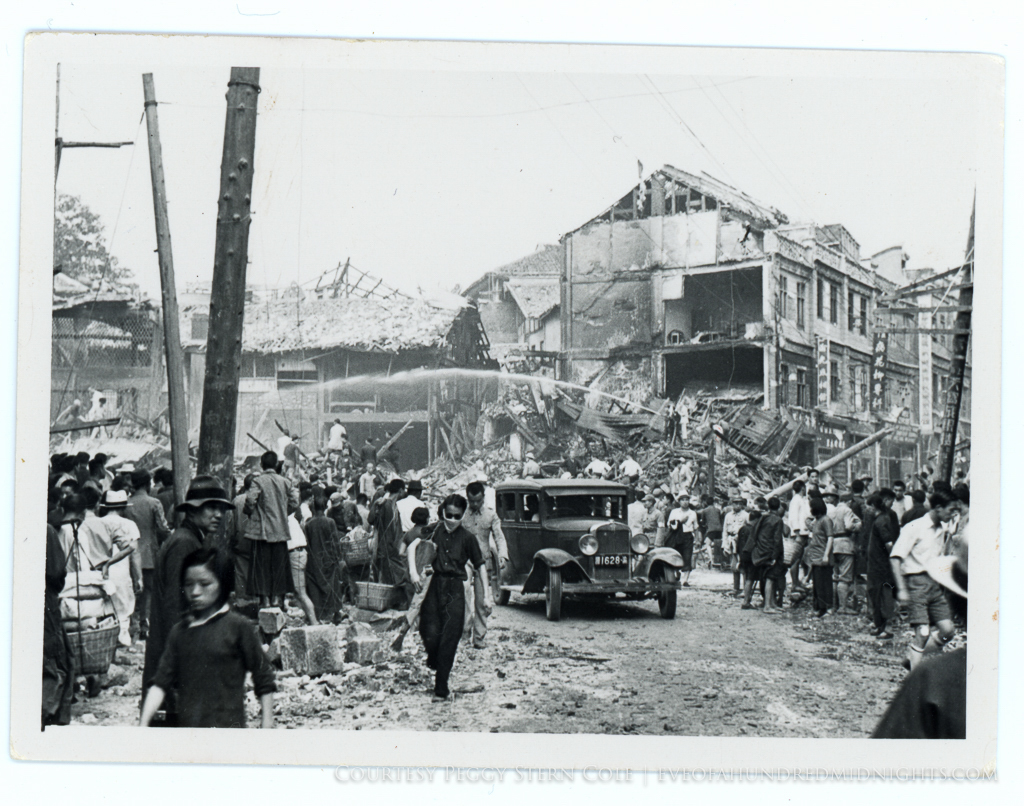
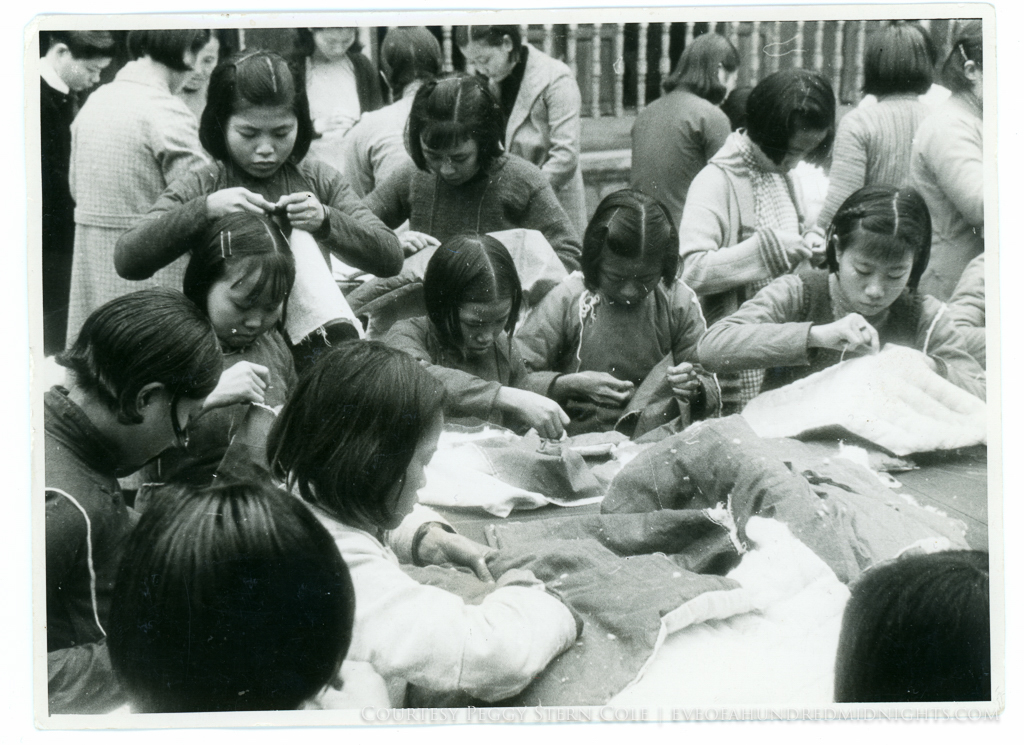
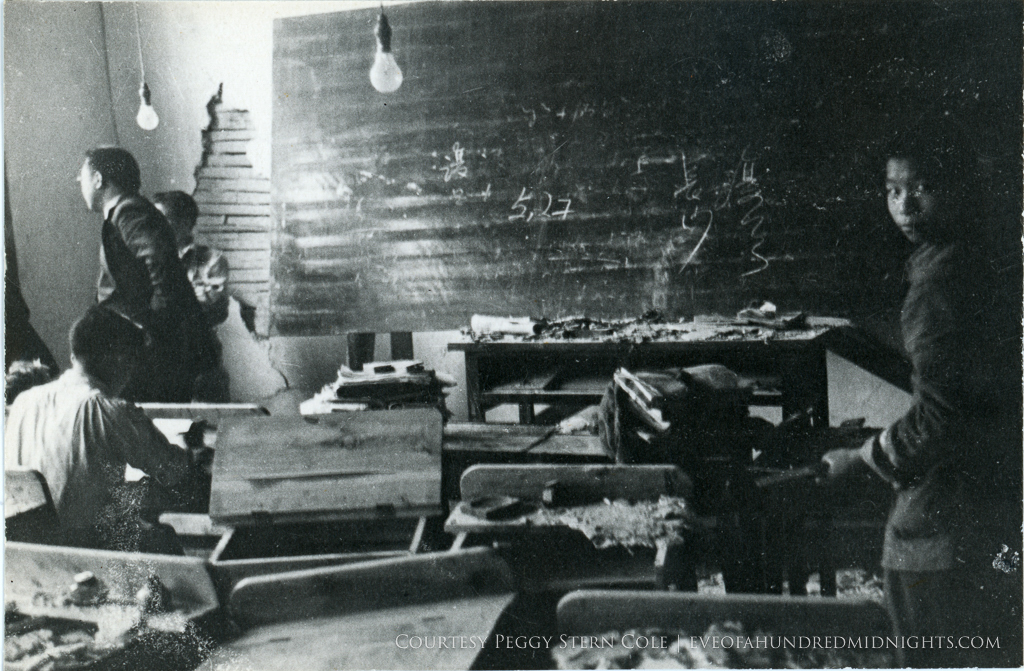
![Man on Donkey on Chungking steps [very good image].jpg](https://images.squarespace-cdn.com/content/v1/51db1d79e4b03e2f06324d97/1469649822066-D9BWG7FESO76DNZZDA1H/Man+on+Donkey+on+Chungking+steps+%5Bvery+good+image%5D.jpg)
